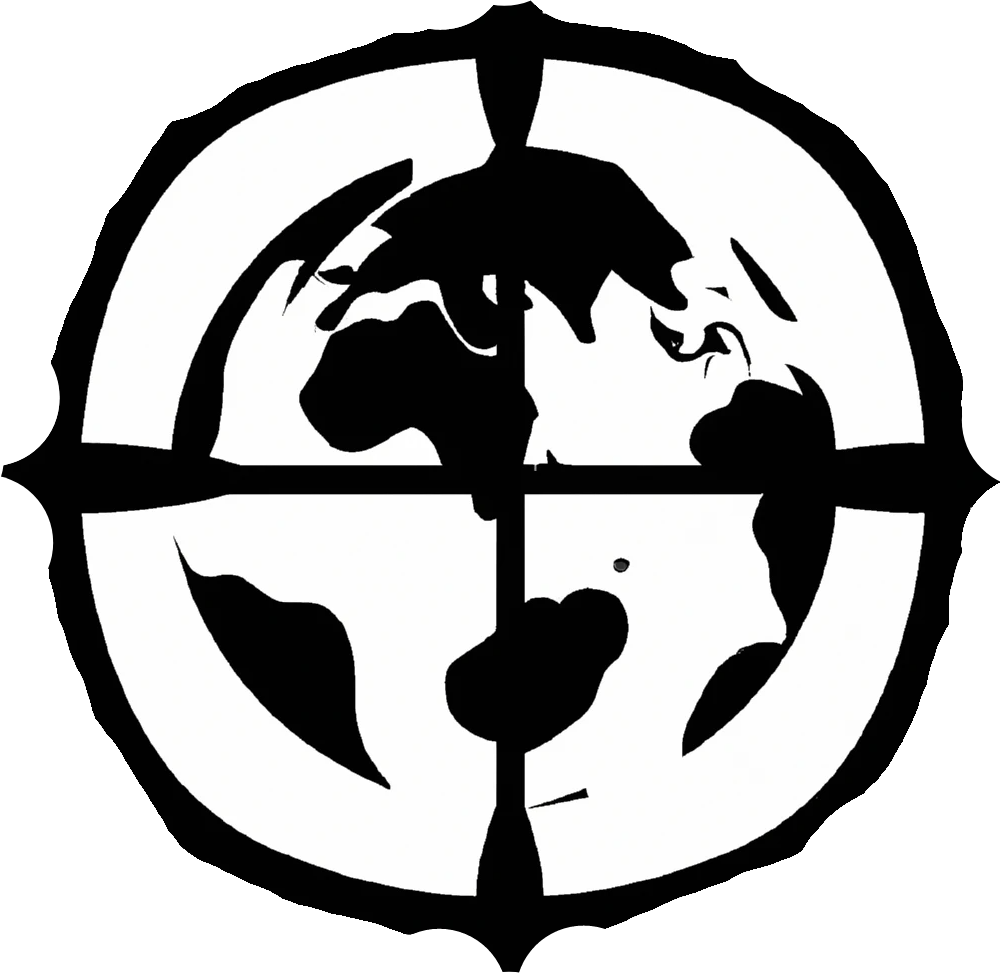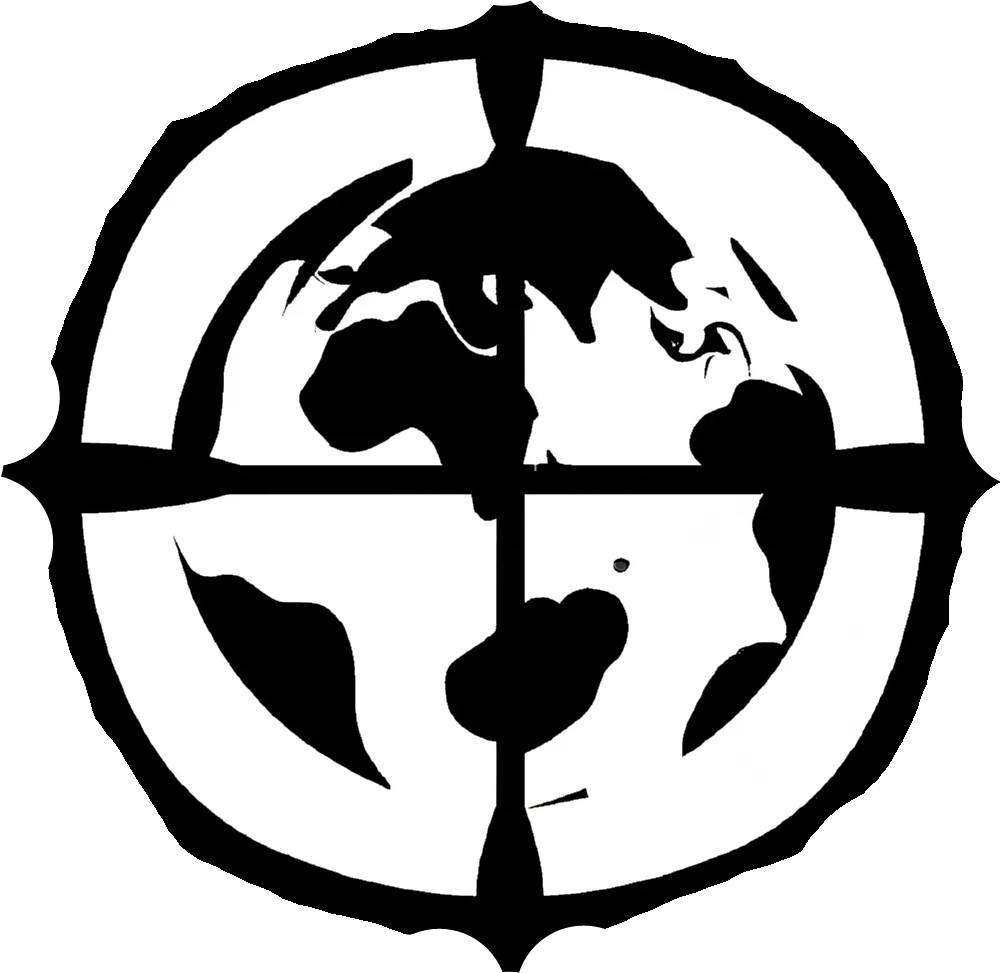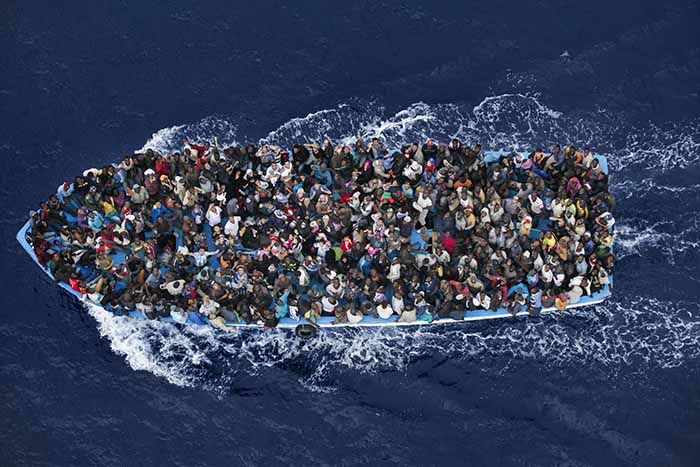China's Military Drills around Taiwan: Tensions Rise and Implications for the Region
Tensions rise as China conducts military drills around Taiwan. What are the implications for the region if China were to attack? Learn more in our blog

China carried out military drills near Taiwan in April 2023, which it referred to as "combat training" operations. In these three-day exercises, the island was encircled and ship-launched strikes from the east were used to simulate a number of missile attacks on cities. Taiwan, the United States, and other nations around the world have reacted to the exercises and expressed alarm about the possible effects of China's military activities in the area.
Since the end of the Chinese Civil War in 1949, Taiwan—officially known as the Republic of China—has been a sovereign state in its own right. Yet, China continues to assert its territorial claim to Taiwan and has not ruled out using force to reunite the island with the mainland. China's military presence in the area has grown recently, and it has even sent aircraft and ships to be near to Taiwan's boundaries.
In reaction to President Tsai Ing-trip wen's to the United States, China recently conducted military exercises near Taiwan. China charged Taiwan with wanting independence and threatened to take the necessary steps to protect its sovereignty and territorial integrity if Taiwan did so. Several fighter jets and military ships took part in the manoeuvres, which were conducted close to Taiwan's air defence identification zone.
The island's defence ministry noted numerous flights of Chinese fighter jets, bombers, and other aircraft as part of China's simulation of precision strikes against Taiwan during the exercises. Aircraft carriers were deployed as part of the drills, and they conducted strikes from ships from the east. Tensions between China and Taiwan as well as between China and the United States have increased as a result of the exercises.

President Tsai Ing-wen of Taiwan urged China to "cease military threats and embrace peace," and the US stated it was closely observing the situation. Japan said it was paying close attention to the drills and was concerned about China's military activity in the area.
Concern over China's military activity near Taiwan has also been expressed by the international community. In order to show its support, the United States has repeatedly stated its dedication to safeguarding Taiwan's security and has participated in joint military drills with Taiwan. Also, the United States and nations in the region including Australia and Japan have boosted their military cooperation.
According to China, the military exercises in the area of Taiwan were required to safeguard its territorial integrity and sovereignty. Analysts contend that the manoeuvres also served to show off China's military prowess in the region and to send a message to Taiwan and the United States. China is thought to be engaging in military operations in the area as part of a larger push to increase its influence and alter the balance of power in the Asia-Pacific region.
Recent military exercises by China near Taiwan have sparked worries about a possible confrontation in the area. Tensions between China and Taiwan as well as between China and the United States have significantly increased as a result of the exercises. The international community is nevertheless suspicious of China's intentions and continues to closely monitor the situation, despite the fact that Beijing has justified its military activities as necessary to safeguard its sovereignty. The relationship between Taiwan and China is still in turmoil, and it is likely to be a major concern for the Asia-Pacific region in the years to come.
What Would Happen If China Invaded?
A Chinese invasion on Taiwan might have disastrous repercussions that would affect the entire region and beyond. Here are some statistics on what may occur if China attacked Taiwan:
Human casualties: In the event of a full-scale conflict, both sides could suffer a terrible loss of life. China has a population of around 1.4 billion people, compared to Taiwan's estimated 23 million residents. The number of casualties would be significantly affected by any fight.
Economic repercussions: Because Taiwan is a key hub for the world's technology sector, any disruption to its operations would have a big effect on the world supply chain. Taiwan's GDP was $617 billion in 2020, while China's was $14.3 trillion, according to the World Bank. Conflict between the two countries might have a serious negative impact on both sides' economies and beyond.
Regional stability in Asia may be significantly impacted by the dispute between China and Taiwan. The US has a sizable presence in the area and has frequently declared its support for Taiwan. The United States may become involved in a military confrontation, which would raise tensions and further destabilise the region.
Diplomatic repercussions: An attack on Taiwan could have an effect on China's ties with other nations, especially the United States. The world community might impose economic sanctions or even a military invasion against China. If China is perceived as an aggressor in the area, its position as a global power may suffer.
Long-term effects: It is difficult to foresee how a Chinese invasion on Taiwan might affect the balance of power in the region, but it may have a considerable impact. The authoritarian government in China sees the democratic system and economic success of Taiwan as a danger. A successful strike on Taiwan may give China the confidence to act more aggressively elsewhere, which might have huge repercussions for Asia's future.
In conclusion, a Chinese invasion on Taiwan might have serious repercussions that would extend throughout the region and beyond. For the stability of the region and to stop such an attack, diplomatic actions are crucial.




